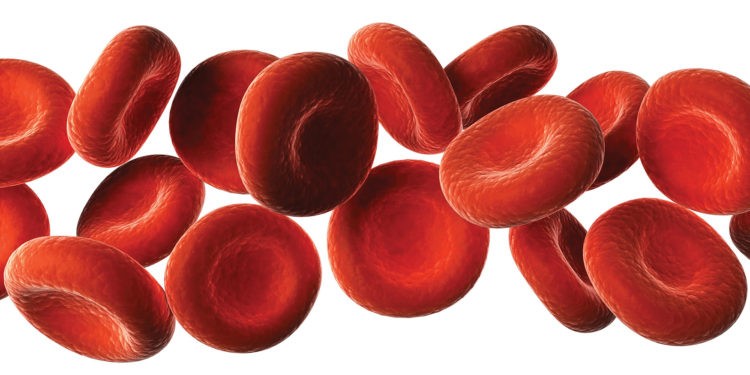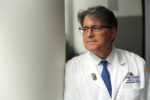New Hope in Treatment Resistant Blood Cancer

Cancer is as old as mankind. Where life exists, there is the possibility that the machinery behind running the cells will sometimes go wrong and lead to the uncontrolled growth, cancer, which even ancient medicine recognized. Recognizing a problem, however, is much different than treating it successfully. The history of cancer treatment is long and storied and early treatments were either unlikely and fanciful or too horrible to even consider.
Fortunately, with much research, things have changed. Many patients diagnosed with blood cancer have far more treatment options today than they did even a decade ago. In some cases, the therapies produce remarkable results. But nearly all current cancer treatments ultimately face the same serious problem. They stop working. This phenomenon, known as treatment resistance is one of the most serious challenges facing researchers, doctors, and patients today, and finding out why is of paramount importance. Researchers from the University of Southampton have undertaken the monumental goal of finding answers, and their research has uncovered some astounding breakthroughs in reversing treatment resistance in blood cancer patients.
Sometimes, treatment resistance develops quite quickly, in other cases it may develop month or years later. It occurs when cancer cells develop molecular alterations which make them insensitive to the treatment, either before or during treatment.
The University of Southampton researchers recently identified why some people may become resistant to monoclonal antibodies, one of the most commonly used types of immunotherapy used in lymphoma treatment. Their early studies have been encouraging and demonstrate that adding an immune response stimulating drug called a STING agonist could overcome drug resistance in this type of blood cancer.
The promising results of the study were published in the journal, Cancer Research. Rituximab, a monoclonal antibody, has improved the survival rates for many forms of lymphoma. However, not all patients respond to rituximab and more will relapse. Researchers discovered more about how rituximab works, and why patients stop responding to it.
Rituximab works by stimulating the white blood cells known as macrophages to “eat” or destroy the lymphoma cells. In some cases, the lymphomas are able to suppress the macrophages by manipulating the Fc-gamma receptor proteins found on their surface, preventing the macrophages from completely engulfing the lymphoma cells. The cancer cells essentially rewire and reactivate pro-survival signals.
These important findings have uncovered the reason why rituximab can be or become ineffective in some lymphoma patients, which has led to insights into improved treatments. Researchers then used a series of experimental immune stimulating drugs in combination with monoclonal antibodies in order to overcome resistance.
The research uncovered that one particular class of reagents called STING agonists when used in combination with monoclonal antibodies, were consistently able to stimulate macrophages, reverse the resistance and eliminate lymphoma cells in both mice and human cells in the laboratory. STING agonists essentially “rev-up” immune cells and reverse the attempts made by the tumor cells to suppress them.
The progress of cancer research and treatment is often stepwise, and often frustratingly slow and elusive. While no single treatment will ever cure all cancers, antibody treatments which harness the immune system are one of the most successful in modern times. The groundbreaking research may be the answer as to how to keep the treatment that was or could work, working.
Though more study is needed, the exciting findings have the possibility of changing how we approach cancer, personalizing both the treatment and the treatment to overcome drug resistance. While it is still a distance from market, the identification of drug combinations that can overcome treatment resistance is something that has the possibility of benefiting a great many lymphoma patients in the not too distant future.
Researchers will continue in the quest. Later this year, the University of Southampton will open the UK’s first and only medical center solely devoted to cancer immunology analysis and research, collecting world-leading cancer scientists under one roof allowing interdisciplinary groups to collaborate and broaden medical trials.
At Healthy Kansas City magazine, we are excited at the promising research developing across the pond in tackling resistance to blood cancer drugs and look forward to the lifesaving treatments on the horizon.
For more information, you can read the study at http://cancerres.aacrjournals.org/content/77/13/3619





